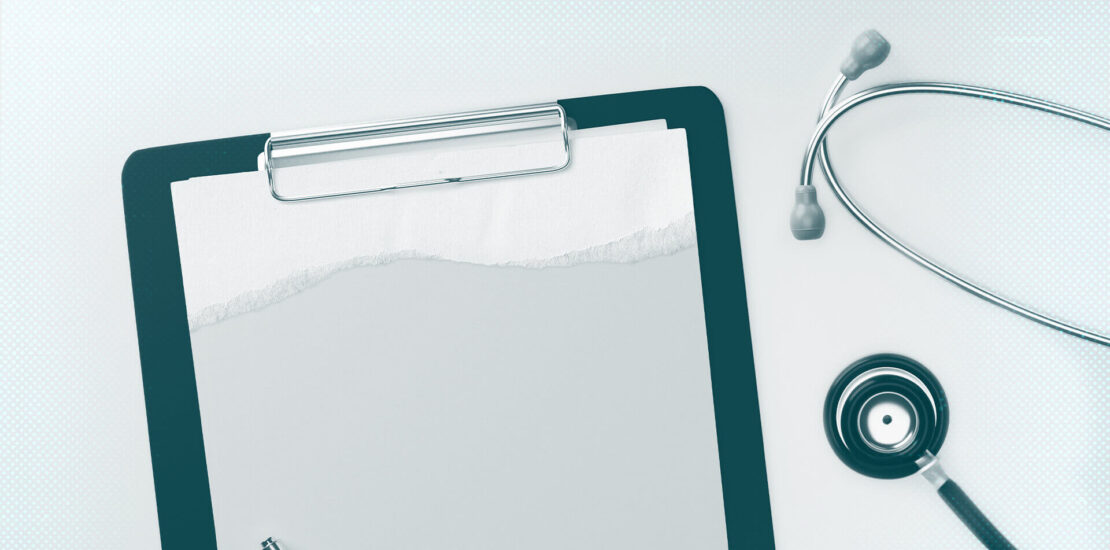My health information has been stolen. Now what?
- November 4, 2024
- Posted by: claudia
- Categories:

The digitization of healthcare records has greatly enhanced the efficiency of healthcare providers while improving patient care standards. However, storing sensitive medical data online also exposes it to significant cyber risks, from data breaches to malicious attacks. As medical data is classified as a “special category” under GDPR regulations, the inherent vulnerabilities necessitate that individuals are well-informed about managing potential breaches, especially given the increasing frequency of such incidents.
In the United States, there has been a disturbing trend in medical data exposure, with over 88 million individuals affected in just the first ten months of 2023. High-profile breaches, such as a ransomware attack against Change Healthcare that compromised 6TB of data and the incident at Mental health startup Cerebral, which resulted in the inadvertent leakage of sensitive information for 3.1 million individuals, underscore the seriousness of the issue. Organizations that are not regulated by established privacy laws like HIPAA also contribute to the prevalence of data breaches, amplifying the risk landscape for consumers.
The stakes are significant when medical data is compromised. The types of data at risk include medical insurance details, personal identifiable information (PII) like Social Security numbers, and financial credentials. This information, if used maliciously, can lead to unauthorized financial transactions, identity theft, and medical fraud, all of which can involve severe personal and financial repercussions for affected individuals.
When faced with a data breach, it is vital to approach the situation methodically. Individuals should first scrutinize any notifications of a breach for authenticity, identifying potential indicators of phishing scams. Understanding the specifics of the breach is critical, including the nature of the data compromised and whether it was adequately secured through encryption.
Monitoring personal accounts closely is necessary after discovering a data breach. This includes alertness for unusual medical bills or unexpected notifications from insurance providers. Reporting any suspicious activities to the relevant parties in a clear and documented manner is also fundamental in mitigating risks. To further protect against identity theft, individuals may opt to freeze their credit and financial accounts.
Changing passwords is imperative when a breach involving online accounts is suspected. Optimizing security through strong password practices and enabling two-factor authentication can provide added protection. Moreover, being vigilant against follow-up phishing attempts is crucial, as attackers may exploit stolen information to gain further access to private details.
In the event of a breach due to a healthcare provider’s negligence, individuals may have grounds for legal recourse. Exploring local laws regarding data protection could present options for compensation, although this may vary by jurisdiction.
As cybercriminals continue to target healthcare for the high value of medical records, the likelihood of breaches remains significant. Preparations for potential incidents must be taken seriously, enabling individuals to safeguard their mental health, protect their privacy, and secure their financial information. Understanding these protocols can be vital in lessening the fallout in the unfortunate event of a data breach.
